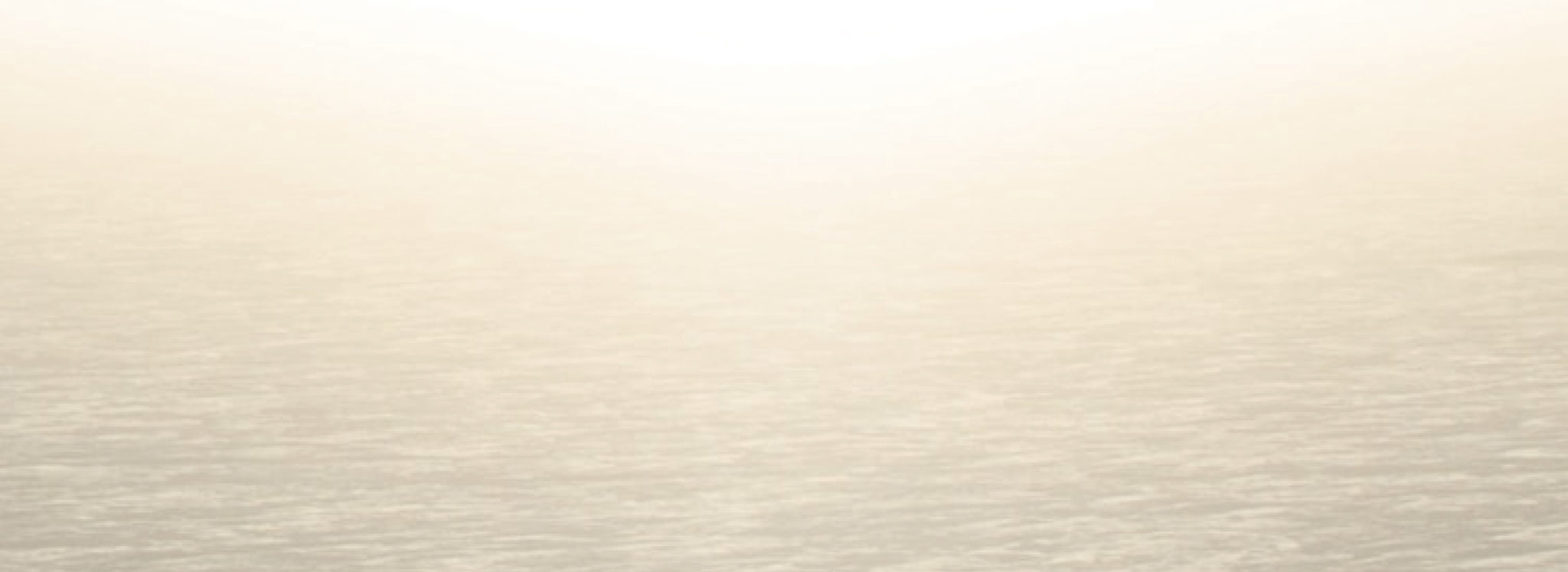- Trends -
Does being free
mean being alone?
Alone in the world. For some, this is a luxury, which modern lifestyles have rendered unattainable. For others, it is a nightmare. The saying goes that “my freedom ends where yours begins”. As a logical consequence, if we really want to be free, do we have to be alone?
“HELL IS OTHER PEOPLE” Jean-Paul SARTRE
The entire history of humanity has evolved towards ever-growing socialization, with increasingly important connections. The historian Yuval Noah
Harari explains in his best-seller1 how we Sapiens dominated Neanderthal thanks to this ability to form organized and coordinated human groups thousands of years ago. In the 21st century, human societies have reached a unique level of concentration and complexity.Caught up in this sophisticated network of interactions, contemporary Sapiens are forced to abdicate an ever-greater part of their freedom in order to find their place in the human community. The philosopher Schopenhauer2 expresses this in stark terms: “A man can be himself only so long as he is alone; and if he does not love solitude, he will not love freedom; for it is only when he is alone that he is really free. Constraint is always present in society, like a companion of whom there is no riddance; and in proportion to the greatness of a man’s individuality, it will be hard for him to bear the sacrifices which all intercourse with others demands.” He also wrote “Genuine tranquillity of the heart and perfect peace of mind, the highest blessings on earth after health, are to be found only in solitude and, as a permanent disposition, only in the deepest seclusion.” Radical thinking indeed.
LONGING TO ESCAPE
All men and women are born free and equal. But for some, the call of freedom is irrepressible and the desire to opt out of the world is as strong as the longing to discover it in complete freedom. Refusing to be tied down and casting off moorings, these nomads by nature cross oceans like Mike Horn, or trek through jungles and deserts, like Sarah Marquis. In this issue, both explain how much this desire for freedom has been self-evident for them since childhood. Alone, they measure themselves against the power of nature; alone, they push their limits; alone, they defy danger.Every departure, every expedition far from other people is like a breath of fresh air, a return to absolute freedom. Perhaps so as to help them better bear life in society?
FLEETING SOLITUDE
In his essay Solitude volontaire3, the philosopher Olivier Remaud links this transitory practice of solitude – which might be a solo expedition to the ends of the earth – to a healthy strategy of inclusion in society. Contrary to appearances, distancing oneself from daily turmoil and from the shackles of society for a while could well be the best way to become a committed player in the community. A live-saving, vital and freely chosen interlude. “Loneliness is as necessary to society as silence to language, air to the lungs and food are to the body” writes Olivier Remaud. It is up to each of us to find the right balance to find ourselves freely in a one-to-one relationship with ourselves, before returning to the human race. Voluntary periods of exile may in fact only be temporary beneficial detours serving to help us live better with others afterwards.
SOLITUDE DOES NOT MEAN ISOLATION
Come to think of it, many humans are now much more alone in crowded cities than Mike Horn on his boat or Sarah Marquis in Tasmania’s primeval forest. Deliberate and momentary loneliness is not the pain of being isolated among others. Even if you don’t go to the other side of the world, experiencing loneliness to find yourself may still be the best way of fully integrating society. Virginia Woolf spoke of a “room of one’s own” in relation to women’s freedom, Montaigne of a “back-shop” (a withdrawing room) separated from society to take care of one’s soul and relieve pressure. Being free may thus require sometimes being alone... temporarily.
—
By Anne-Marie Clerc
1. Sapiens – A Brief History of Humankind
Yuval Noah Harar, Albin Michel 2015.
—
2. Councils and Maxims, Arthur Schopenhauer, 1851.
—
3. Solitude volontaire, Olivier Remaud, Albin Michel 2017.
Related articles
Jazz evenings
The Mont Cervin Palace is once more the place to be for dinner shows with jazz sessions.
The cheese factory
Emblematic gourmet recipes inherent to Valais cuisine are back.
A spectacular mountain show
Every moment spent on La Terrasse Valaisanne is an unforgettable experience.
Swiss traditions
The Bellevue Palace is a veritable attraction for the whole city.









